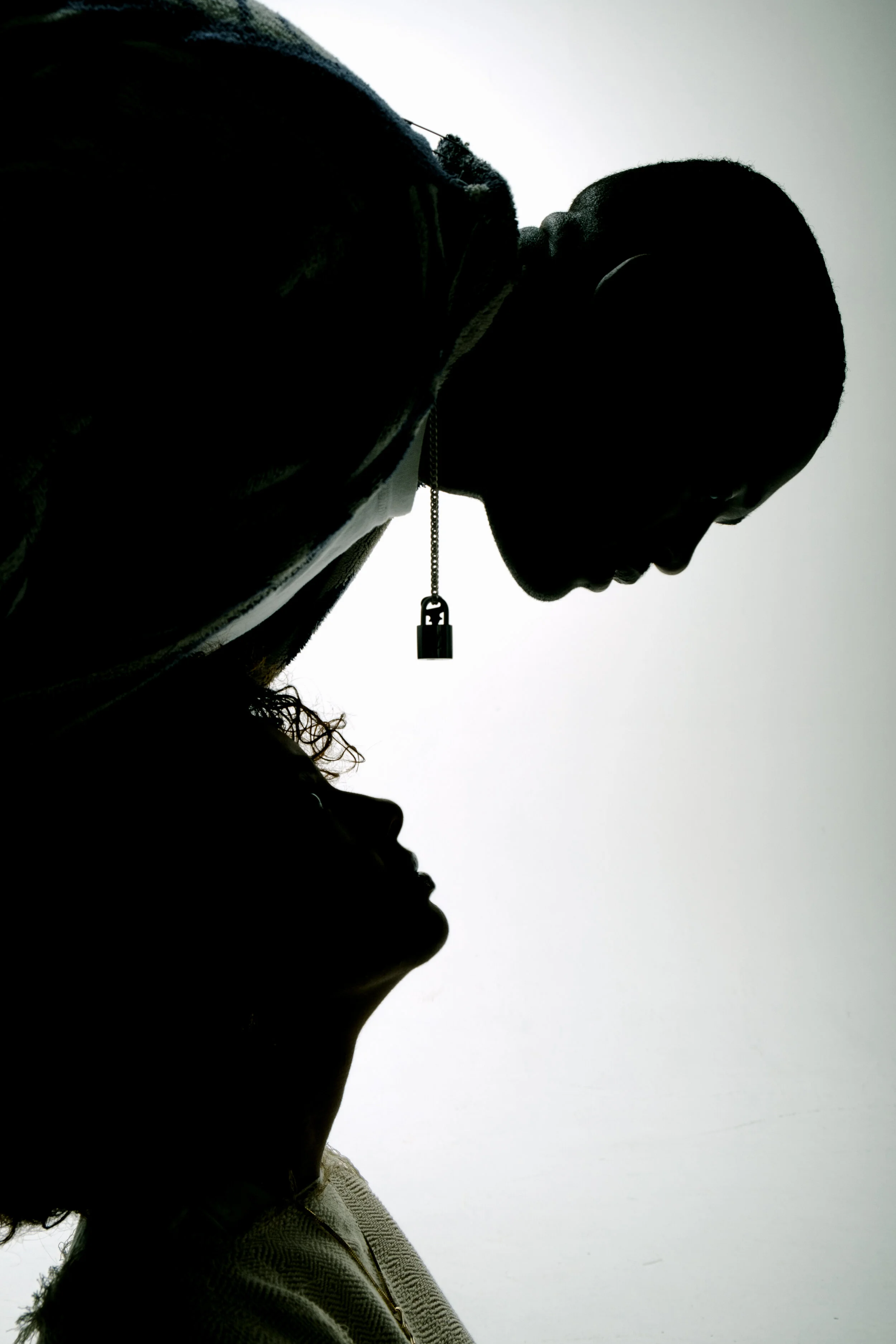Confucious believed that the beauty of the universe lay in its stability, harmony, longevity, and order. In his teachings he sought to model a life and society that emulated this universal order. The God of Abrahamic faiths created life systems that depend on one another: the sun to bring light and energy, the moon to mark time, land to bear fruit and grain, animals of various habitats to balance the ecosystems, and man to steward over them all. God deemed this work as good.
Across faiths and philosophical backgrounds, people have sought out a metaphysical understanding that connects all things. My curiosity clings to the idea as well.
THERE’S A RHYTHM IN LIFE. HAVE YOU NOTICED? A TIMELY INTERDEPENDENT DANCE BETWEEN MANY PARTNERS THAT NATURALLY SUSTAINS ALL THINGS, FROM THE SMALLEST MICROORGANISMS TO THE COMPLEX FUNCTIONING OF THE PLANET ITSELF.
Take a macro-view, great winds blow through the Sahara Desert which create a mineral-rich dust cloud known as 'The Sahara Plume.' Those minerals travel through the air depositing themselves across the Atlantic Ocean as far as South America. They provide 70% of the iron available to photosynthesizing creatures on the Ocean's surface which, in-turn, supply the rest of the Ocean's food-chain. This same Saharan Plume is believed to fertilize the Amazon Rainforest, supporting one of the most biodiverse areas on Earth. Within and even connecting across ecosystems, there is a delicate yet resilient balance that has maintained our planet throughout time, a universal homeostasis.
Life is interconnected and nature self-sustaining. we must be aware of this.
if not, we risk forgetting that all things must be balanced.
Consumer experiences are designed to offer convenience and drive purchases. Goods are continually stocked and readily available. It’s efficient, but can this model sustain itself?
The true costs of supplying our demand are high. The end-products we know and love are manufactured on the backs of material waste, unsustainable demands upon nature, and the exploitation of people in the name of keeping retail prices low and profit-margins high. This is all made possible by highly segmenting production processes: ensuring that laborers are unskilled throughout the supply chain, thus replaceable and low-paid, and that raw materials are cheap. Profits favor high-volume businesses which thrive on equally high consumption.
Artisans around the world stand in sharp contrast to the unabashed and dominating industrial organization. There is much to learn from their way of life as, through their work, artisans fulfill two main purposes: utilitarian day-to-day needs and expressing as well as preserving their given cultures.
Without the global sourcing capabilities of larger industries, craftspeople’s production capacity is much more sensitive to local supply availability. Artisans must be conscious not to strain the longterm availability of natural resources by overproducing, their operations must work within natural constraints. For generations, the production ecosystem of craftwork has been guaranteed by the communal principles of mutual sustainability and reciprocal exchange between people and nature; a model closely resembling the interdependence of life-systems in nature.
The dilemma of Ethiopian artisans lies in the fact of their being heirs and carriers of a tradition who’s creative spirit is constrained today by socio-economic imperatives.
THESE COMMUNITIES ARE DEEP REPOSITORIES OF experience ACCUMULATED OVER MANY GENERATIONS. THEIR DISAPPEARANCE IS A LOSS FOR THE LARGER SOCIETY, WHICH COULD LEARN A GREAT DEAL FROM THEIR TRADITIONAL SKILLS IN FORMING A MORE SYMBIOTIC RELATIONSHIP WITH THE ECOSYSTEMS WE DRAW RESOURCE FROM. IN THAT WAY, IT IS IMPORTANT TO REVERE CULTURAL KNOWLEDGE; NOT ONLY BECAUSE IT IS A FORM OF LIVING HISTORY, BUT ALSO BECAUSE IT MAY INCREASE OUR SCIENTIFIC UNDERSTANDING OF NATURAL PHENOMENA WHICH CAN BE CRUCIAL FOR SUSTAINABLE DEVELOPMENT.
learning from the balance of nature and the way artisans interact with it, we should strive to model a more stable, harmonious, long-lasting life both personally and as a greater society.












